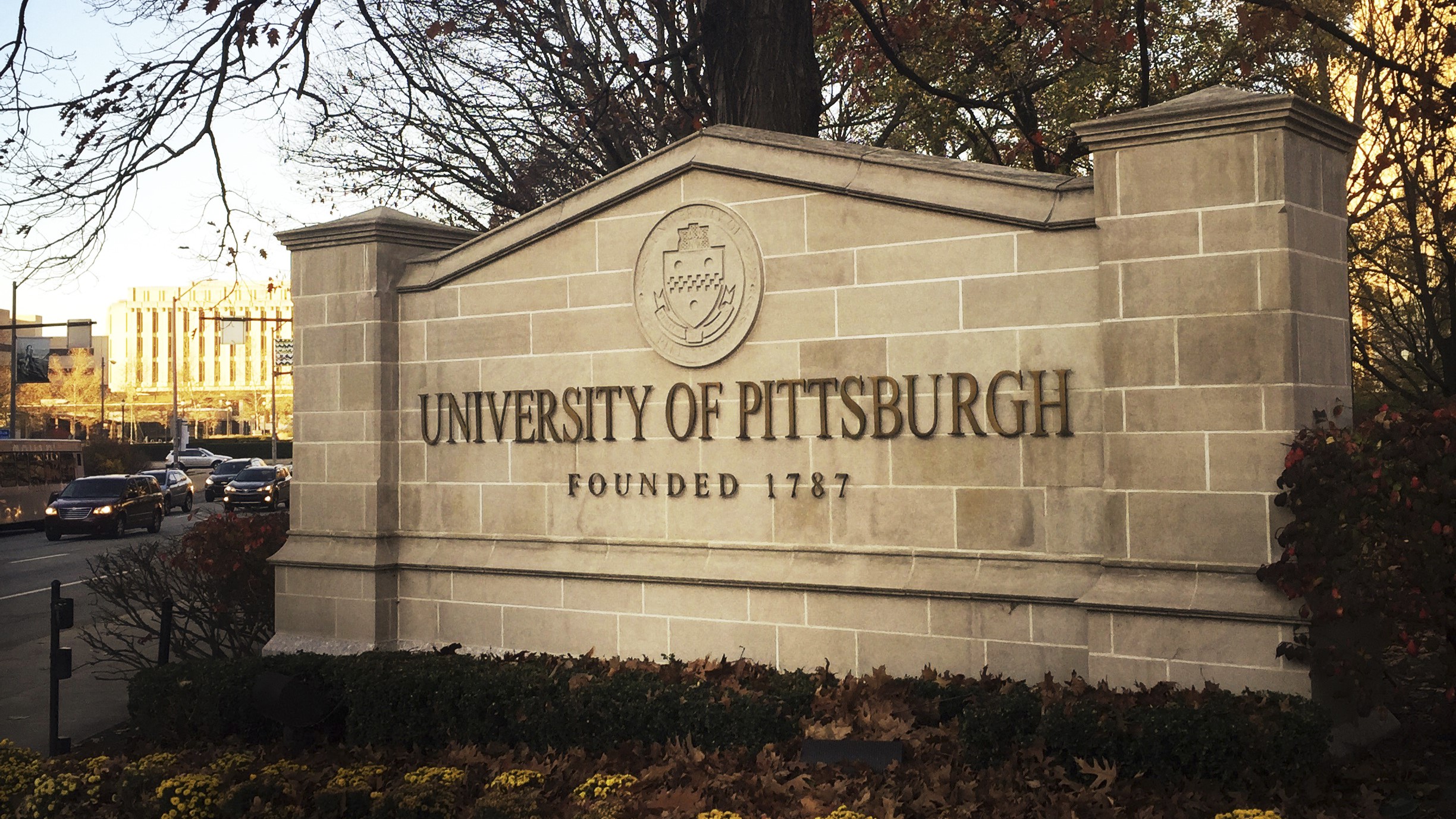The University of Pittsburgh Needs a New Plan to Protect Free Expression
70% of students surveyed by ACTA believe professors who make comments that some students find offensive should be reported to the university.
Campus Freedom is in Trouble at Pitt
ACTA’s survey found that a strong majority of students say they cannot express their opinions at least occasionally because of how others might respond. At the same time, over 40% of students think it is at least sometimes acceptable to shout down or prevent a person from speaking on campus. Many students want more political diversity among Pitt’s faculty. The university’s strategic plan includes promoting the “free exchange of ideas,” but its own Progress Card shows it does not have a measurable target for this goal in mind.
Fortunately, ACTA’s Gold Standard Can Show Pitt the Way.
The University of Pittsburgh can become a place where students and faculty share their ideas freely if the university works to meet the standards outlined in ACTA’s Gold Standard for Freedom of ExpressionTM. The university can start by educating its students about the importance of free expression and adopting three policies developed at the University of Chicago:
1. The Chicago Principles on Freedom of Expression, which state that everyone at a university should have the freedom to speak, write, listen, challenge, and learn.
2. The Kalven Report, which holds that a university must not take sides on social and political issues because doing so chills the free expression of individuals on campus.
3. The Shils Report, which explains that universities should hire and promote the best people for teaching and research regardless of their political views.
By adopting these policies—and by creating and implementing other ACTA Gold Standard policies to bolster viewpoint diversity among both students and faculty—Pitt can improve education for its students and infuse its Cathedral of Learning with a true spirit of free and open inquiry.
What is the Gold Standard?
- Adopt the Chicago Principles on Freedom of Expression or a similarly strong statement.
- Establish clear expectations regarding free expression in student, faculty, and staff handbooks and codes of conduct.
- Include a free expression unit in new-student orientations.
- Protect the diversity of political viewpoints by adopting an institutional neutrality policy such as the Kalven Committee Report.
- Sponsor campus debates that model civil discourse.
- Encourage establishment of student groups promoting free expression.
- Protect the rights of invited speakers and listeners to engage with controversial ideas.
- Establish and enforce consequences that deter disruption of sponsored speakers, events, and classes.
- Encourage presidents, provosts, and deans to model respect for a broad range of viewpoints.
- Guarantee that viewpoint diversity is reflected in student life policies and practices.
- Support academic centers dedicated to free inquiry and intellectual diversity.
- Make intellectual diversity a stated goal in faculty hiring, evaluation, and promotion.
- Eliminate speech and IT policies that have a chilling effect on free expression.
- Ensure that Title IX and other disciplinary procedures do not infringe on free expression.
- Disband bias response teams.
- Review student government policies to ensure viewpoint neutrality in student group recognition and funding.
- Incorporate explicit policies of free expression in governance bylaws and other key institutional documents.
- Include a commitment to free expression as a criterion for presidential searches and evaluations.
- Require free expression and viewpoint diversity training for administrative staff.
- Conduct regular evaluations of the state of free expression and intellectual diversity on campus.
Campus Experience Survey: An Assessment of University of Pittsburgh Students
Based on the responses of 482 undergraduate students collected from May to August 2024, the following report from the American Council of Trustees and Alumni (ACTA) and College Pulse shows that Pitt students are highly inclined to self-censorship. Students also express troubling levels of intolerance for different points of view. These problems often become measurably worse from freshman year to senior year.
View Survey Results65
%of students report self-censoring, fearful of the reactions of fellow students.
70
%of students believe professors who say something they find offensive should be reported.
80
%of students report receiving no training on free expression policies from staff or faculty.

Stay up to date!
If you’re concerned about the direction University of Pittsburgh is headed, sign up today to receive updates on our efforts to protect free expression and intellectual diversity on campus.
Free Your Campus, Free Your Mind
RECENT
DEVELOPMENTS



WHO WE ARE
Launched in 1995, we are the only organization that works with alumni, donors, trustees, and education leaders across the United States to support liberal arts education, uphold high academic standards, safeguard the free exchange of ideas on campus, and ensure that the next generation receives an intellectually rich, high-quality college education at an affordable price.
Discover MoreSTAY INFORMED
Sign up to receive updates on the most pressing issues facing our college campuses.